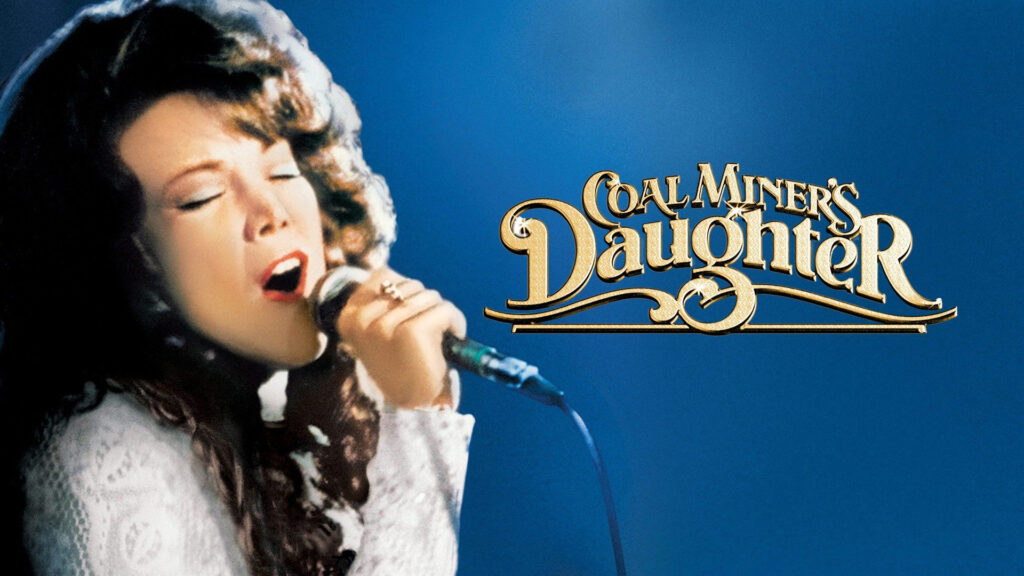A Daughter’s Testament to Grit, Poverty, and Perseverance Etched in the Dust of Appalachia

When Loretta Lynn released “Coal Miner’s Daughter” in 1970 as the title track of her sixteenth studio album, she was already a formidable presence in country music—a voice equal parts fire and humility. The song would climb to No. 1 on the Billboard Hot Country Singles chart, becoming one of her most iconic achievements and, more than that, a crystallization of her personal mythos. It wasn’t merely a commercial triumph; it was an autobiographical cornerstone—an origin story rendered in melody and twang, stripped of embellishment and rich with emotional resonance.
There are songs that entertain, songs that inspire, and then there are songs like “Coal Miner’s Daughter,” which act as cultural touchstones—narratives so deeply personal they become communal. Lynn, born Loretta Webb in the hollers of Butcher Hollow, Kentucky, crafted this song as both memoir and monument. The lyrics trace her upbringing in unflinching detail: “We were poor but we had love / That’s the one thing that Daddy made sure of.” With these lines, she doesn’t romanticize poverty; she dignifies it. What emerges is a portrait not of hardship alone, but of resilience forged in scarcity and love handed down through generations like patchwork quilts.
Musically, “Coal Miner’s Daughter” is rooted in classic country stylings—acoustic guitar leads, gentle fiddle strains, and that unmistakable vocal timbre that wavers between tender vulnerability and Appalachian steel. But beneath its sonic simplicity lies profound narrative sophistication. Every verse is a brushstroke in Lynn’s lived fresco: Mama scrubbing clothes on a washboard under candlelight; children doing without shoes; the smell of coal dust ingrained into every surface of their lives. These aren’t just nostalgic images—they’re scars turned into scripture.
Yet it’s not only the personal lens that gives this song its enduring gravity. “Coal Miner’s Daughter” taps into something archetypal—the rural American experience during the mid-20th century, when industrial labor was backbreaking and familial roles were rigid but sacred. In singing her own life, Lynn inadvertently sang for millions whose voices rarely reached beyond county lines. The song’s candor made it revolutionary at a time when female artists were expected to gloss over hardship with rhinestones and radio polish.
And so Loretta Lynn did something quietly radical: she told the truth. With no poetic flourishes to obscure it and no self-pity to dilute it, she offered her life as both document and declaration. In doing so, she carved out space for authenticity in a genre often cloaked in artifice. The legacy of “Coal Miner’s Daughter” isn’t just that it told her story—it reminded us all that dignity can thrive even where prosperity cannot.